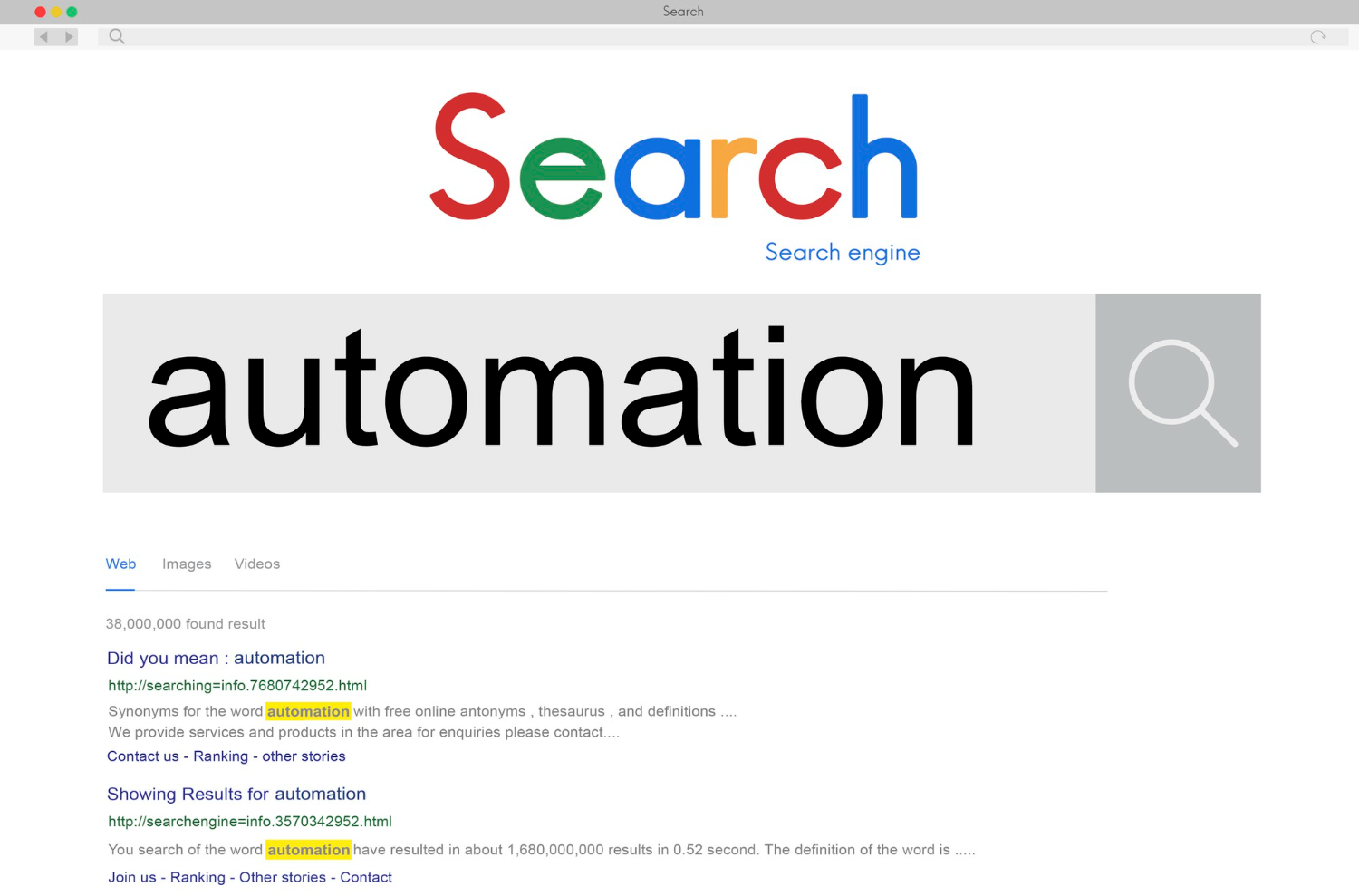The Best Keyword Strategy for Your Blog
It’s never too late to start thinking about your blog keywords. Once you know what they are and how to reach your target audience, you can start building a great content strategy. In this article, we’ll take a look at the best keyword strategy for your blog. We’ll help you find the right keywords based on your audience, content types, and topics of interest. After learning this information, you’ll have an advantage over other bloggers who don’t know what they’re doing.
What is a Keyword Strategy.
A keyword strategy is a plan to use a specific word or phrase in order to improve search engine results. A keyword strategy can help you increase your website’s visibility, get more visitors to your site, and get more leads from potential customers.
There are many different keyword strategies that can be used, but the most popular ones are paid search and organic search. Paid search is when you pay someone else to promote your website in search engine results pages (SERP). Organicsearch is when you don’t pay anyone else and focus on finding the word or phrase that has the best potential for doing well in Google.
The benefits of using a keyword strategy include:
– increasing website visibility
– getting more visitors to your site
– getting more leads from potential customers
– increasing traffic to your website
– increasing search engine optimization (SEO) results
How to Use a Keyword Strategy.
When you’re looking to create a successful blog, it’s important to choose a keyword that you can target and produce good traffic to. You don’t want your blog to be general-purpose, but rather focused on a specific topic. To figure out which keyword to use, you first need to analyze your data. This will allow you to see which words are working best for your website and what other keywords might be more effective in terms of traffic and ROI.
To find the right keyword for your blog, you also need to track the results of your efforts. This will give you an idea of how much traffic and word-of-mouth marketing you should be doing in order to continue seeing positive results from your keyword campaign. Keep track of both online search engine rankings as well as social media engagement (especially followers and shares) in order to gauge progress and adjust Your Keyword Strategy accordingly.
Analyze Your Results.
Once you have a strong focus on a keyword, it’s time for the next step: analyzing the data! This will allow you to see which words are working best for your website and what other keywords might be more effective in terms of traffic and ROI. Use this information along with the research done in section 2.1 in order to make informed decisions about whereto focus next on your blog journey!
Change Your Strategy When You Receive Results.
If there is some issue or issue with one of your keywords that isn’t yielding satisfactory results, then take action rapidly! By changing up your strategy quickly, you can ensure that no matter what happens during this initial phase of campaign, that all aspects of your business will remain consistent – making sure that everyone knows about the new direction taken by yours truly!
Keep track of Your Keyword Strategy.
Keep a tab on all things related to “keyword strategy” so that you never forget where everything comes from (and where it should go!). Not only will this help keep things organized while traveling through many different websites/cities/countries; but it also allows for continual optimization throughout each new project!
Tips for Using a Keyword Strategy.
When it comes time to choose a keyword for your blog, make sure to use the right word at the right time. This means targeting keywords that are popular with readers and that will produce the most clicks on your website. For example, if you want your blog to focus on health and fitness topics, you might target the term “fitness” instead of “health.”
Use the Right Keyword for the Right Site.
If you want your blog to be read by people who are interested in specific topics, you need to target a specific website. For example, if you want your blog to be about health and fitness, you shouldtarget a website that specializes in this topic.
Use the Right Keyword for the Right Purpose.
In order to create well-optimized content for your blog, it’s important to think about how it will be used. For example, if you want your blog posts to be shared on other online platforms like Facebook or Twitter, you should use keywords that fit these purposes perfectly.
Conclusion
A Keyword Strategy is a great way to bring traffic and sales to your business. By choosing a keyword that you know the target audience is interested in, you can optimize your product listing for SEO, create attractive photos, and price your products competitively. Additionally, by monitoring your sales and making necessary adjustments, you can ensure that your business succeeds in the long run.







